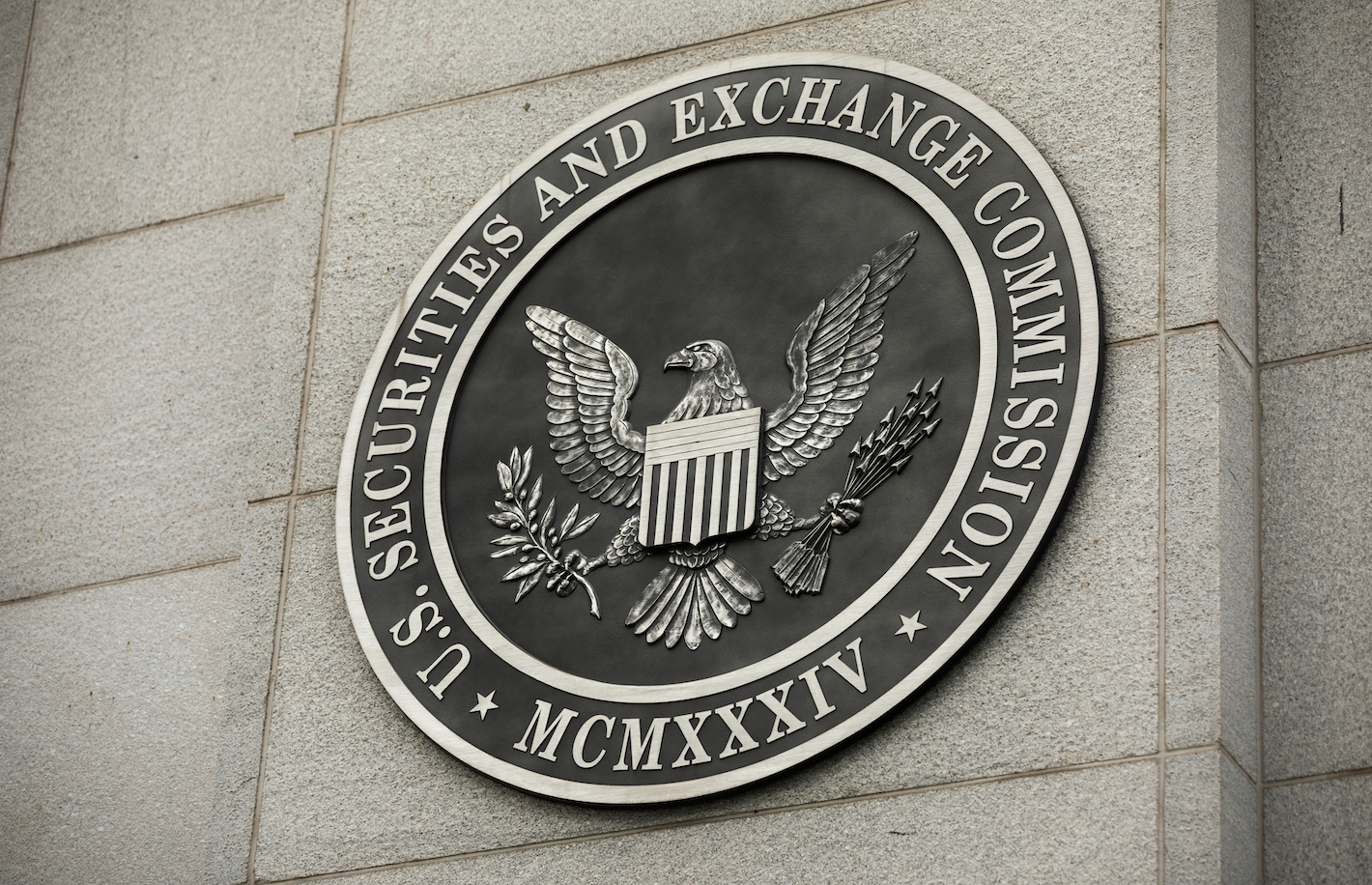SEC Commissioner Calls for Tailored Registration for Digital Asset Securities
03.09.2024 16:30 1 min. read Alexander Stefanov
During a private discussion at Korea Blockchain Week 2024 in Seoul, U.S. SEC Commissioner Mark T. Uyeda emphasized the need for the SEC to create a specialized Form S-1 for digital asset-related securities.
Form S-1 is a registration document that U.S. issuers must submit to the SEC before offering a new security product.
This form requires detailed disclosures, including financial statements.
Uyeda pointed out that the SEC’s existing registration process may not be suitable for certain financial products, using registered index-related analogs as an example.
READ MORE:

Qatar Unveils New Digital Assets Framework
He suggested that the SEC could work with product issuers to develop tailored registration requirements for crypto and digital assets, asking:
Why not apply this same approach to securities tied to crypto and digital assets?
He expressed frustration, noting that the SEC has the flexibility to accommodate digital asset creators but has yet to make significant adjustments.
-
1
Crypto Industry Pressures SEC for Clear Staking Rules as Dialogue Improves
27.05.2025 11:00 2 min. read -
2
South Korea Elects Pro-Crypto Leadership, Paving Way for Digital Asset Reforms
04.06.2025 22:00 2 min. read -
3
California Sets Stage for Crypto Payments in Government Licensing
04.06.2025 18:00 2 min. read -
4
Crypto Bill Sparks Uproar Over Trump Ties and Regulatory Conflicts
06.06.2025 10:00 1 min. read -
5
EU Eyes DeFi Rules Without Defining What It Is
07.06.2025 18:00 2 min. read
U.S. State of Connecticut Blocks Crypto from Public Sector Operations
Connecticut has made a clear move to keep digital assets out of government affairs.
Trump’s CFTC Pick Pledges Crypto Regulatory Clarity for Blockchain’s Future.
Brian Quintenz, President Trump’s selection to chair the Commodity Futures Trading Commission (CFTC), sees blockchain as a transformative force far beyond just finance.
Switzerland Prepares to Join Global Crypto Tax Network by 2026
Switzerland is gearing up to begin automatic crypto asset data sharing with over 70 countries, including all EU member states and the UK, as part of a broader push toward international tax transparency.
EU Eyes DeFi Rules Without Defining What It Is
As the European Union prepares for its next phase of crypto oversight, regulators are turning their attention to decentralized finance (DeFi)—without a clear definition of what decentralization actually means.
-
1
Crypto Industry Pressures SEC for Clear Staking Rules as Dialogue Improves
27.05.2025 11:00 2 min. read -
2
South Korea Elects Pro-Crypto Leadership, Paving Way for Digital Asset Reforms
04.06.2025 22:00 2 min. read -
3
California Sets Stage for Crypto Payments in Government Licensing
04.06.2025 18:00 2 min. read -
4
Crypto Bill Sparks Uproar Over Trump Ties and Regulatory Conflicts
06.06.2025 10:00 1 min. read -
5
EU Eyes DeFi Rules Without Defining What It Is
07.06.2025 18:00 2 min. read

